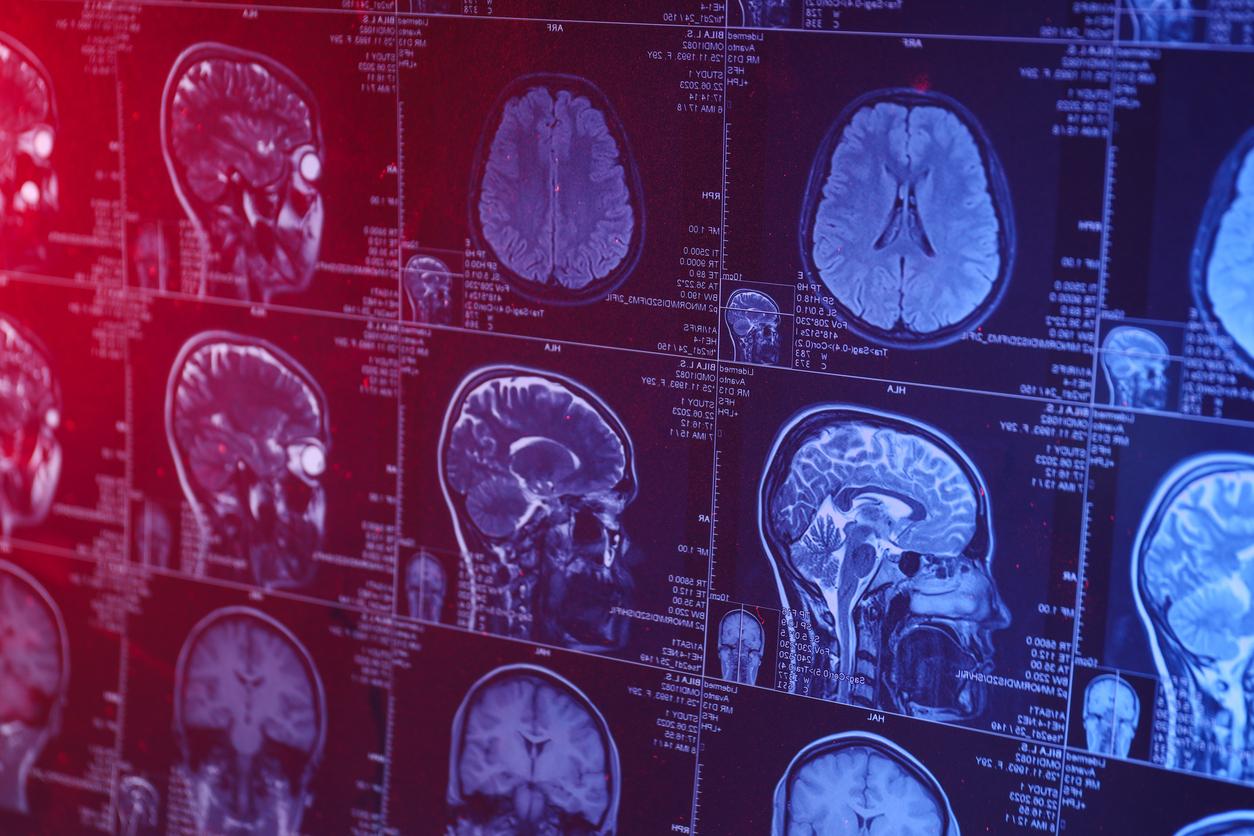
May 31, 2007 – Neurofeedback could prove to be a promising treatment for depression, according to a preliminary study carried out by a researcher at the University of Montreal.
During the clinical trial, 27 patients with moderate to severe depression underwent two weekly neurofeedback sessions for 10 weeks.1 : 24 were on antidepressants and none received psychotherapy during the study. According to the results, 20 of them no longer had clinical symptoms of depression by the end of the trial.
Similar to biofeedback, neurofeedback allows the patient to see, in real time, a visual representation of his own brain activity. During neurofeedback sessions, the subject must find practical ways to modify this activity by acting on his own thoughts and, in general, on his mind.
Regain balance
“Neurofeedback sessions help patients regain normal brain balance,” explains the author of the preliminary study, Vincent Paquette, doctoral candidate in psychology at the University of Montreal.
“By comparing the graphic representations of the brain activity of depressed patients with those of normal subjects, we were able to identify patterns of brain activity specific to depression, pinpointing the brain imbalances that characterize the depressive state”, he adds.
The researcher regrets that clinical psychologists have little interest in work on cerebral imaging “which makes it possible to see which areas of the brain are affected by psychological disorders”.
Antidepressant drugs work in the deep layers of the brain, while psychotherapy works on the superficial regions of the thinking machine instead, he explains. Thanks to brain imaging, the two approaches could be complementary, even synergistic, according to Vincent Paquette.
The technology used here is relatively inexpensive and much more accessible than imaging techniques using a scanner (positron emission tomography). All you need is a simple electroencephalograph connected to a laptop computer. With a minimum of technical training, a psychologist could use it in his clinic to apply a kind of cerebral-cognitive-behavioral psychotherapy.
Pierre Lefrançois – PasseportSanté.net
According to Forum.
1. The researcher is currently working on two articles on this study which will soon be submitted to scientific publications. In the meantime, one can find out more about his work at the Laboratory of Neuropsychology of Consciousness and Emotions by consulting his personal web page, [consultée le 29 mai 2007] : www.mapageweb.umontreal.ca

















